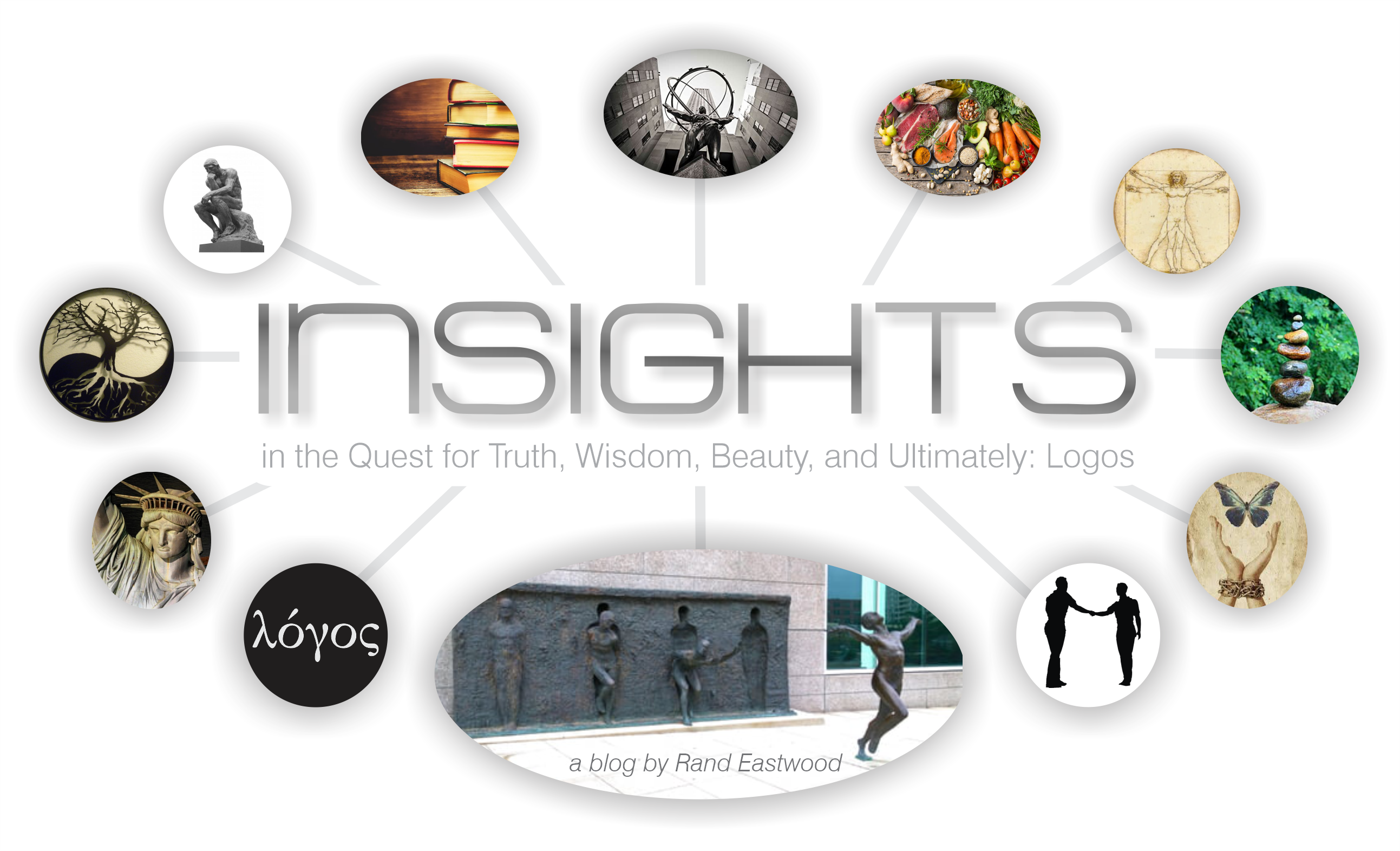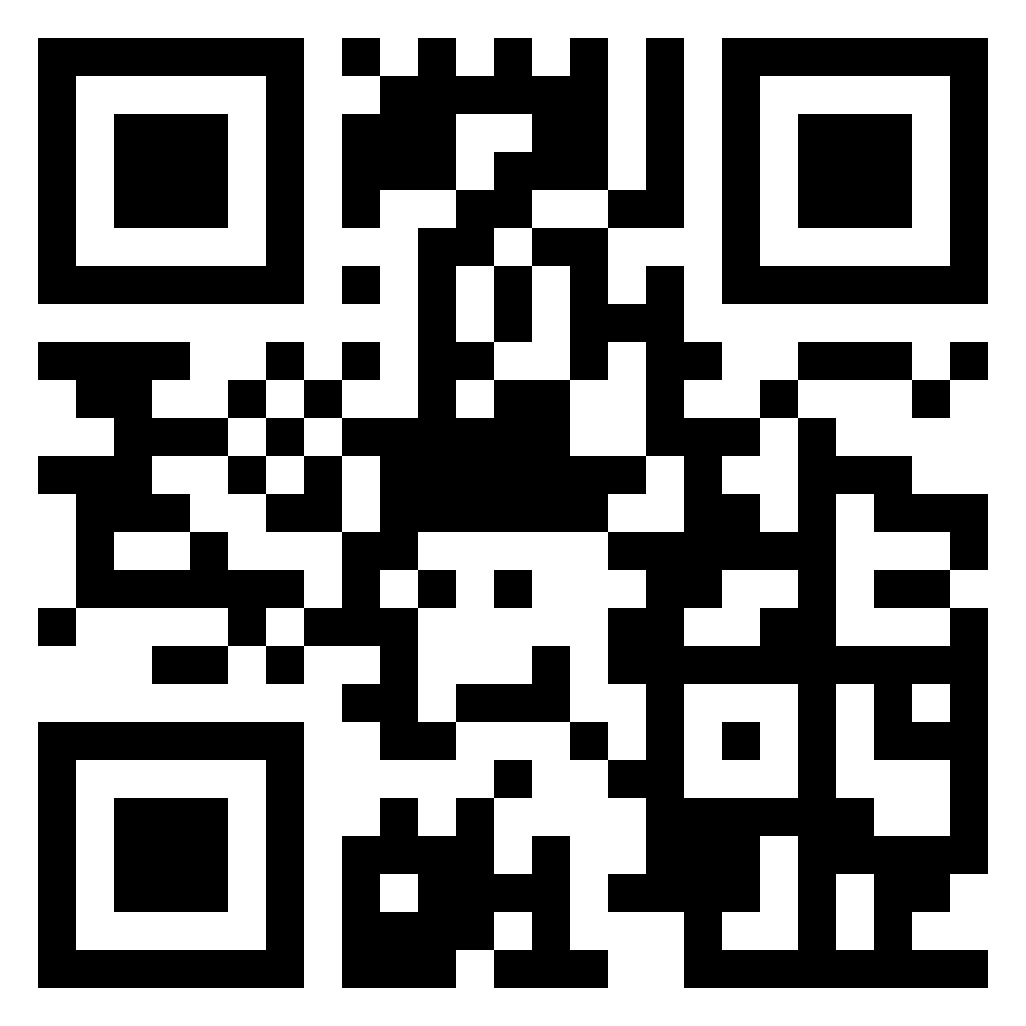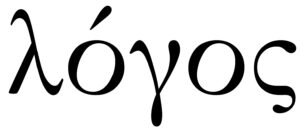I was recently introduced to the concept of God as a verb—which, being one who has never claimed to be atheist (I’ve always believed, intuitively, that there is some form of “higher power” out there, call it what you will), but also doesn’t conceptualize God as a deity (particularly with human traits/characteristics)—for the first time made sense to me.
UPDATE: I recently came across this description in Charles Fillmore‘s lesson Spiritual Substance, the Fundamental Basis of the Universe, which I think helps convey my abstract thinking on the subject:
“God is substance, not matter, because matter is formed, while God is the formless. God substance lies back of matter and form. It is the basis of all form yet does not enter into any form as a finality. Substance cannot be seen, touched, tasted, or smelled, yet it is more substantial than matter, for it is the only substantiality in the universe. Its nature is to “sub-stand” or “stand under” or behind matter as its support and only reality.”
Perhaps that is why so many are misconstruing religion (in my opinion) as merely a set of rituals in reverence to a deity (noun), rather than as a “way of life” (verb), to quote Tolstoy.
And, I touched on this in another recent (and shorter) Contemplation: Religion as Self-Control (i.e. Being and Doing and Living).
But today, I want to delve a little deeper:
In his book Yes, And…Daily Meditations, Franciscan friar and ecumenical teacher Father Richard Rohr often conveys the concept of God as a verb. In his A Different Kind of Knowing meditation, he writes:
“The essential religious experience is that you are being known through more than knowing anything in particular yourself. . .God becomes more of a verb than a noun, more a process than a conclusion, more an experience than a dogma, more a personal relationship than an idea. There is Someone dancing with you…”
In his Mysticism of the Streets meditation, Rohr makes reference to a relevant statement by St. Francis of Assisi:
“St. Francis of Assisi (1181-1226) brought mysticism from the monasteries and academia to the streets. He said, “Don’t talk to me about some rule or other, neither that of St. Benedict, nor of St. Augustine, nor of St. Bernard, nor about any life or way of life other than that which the Lord has mercifully shown and given to me. So we Franciscans are never called monks. We are friars. A friar is one who mixes with the ordinary people and in the city. Our emphasis was not on academia or a daily monastic schedule, but on ordinary life itself. . . emphasizing daily life practice instead of theory or “correct” liturgy.Liturgy: a form of public worship.“
And in his True Personhood is Received Personhood meditation, Rohr writes:
“All of Jesus’s rules of ministry, his tips for the road, are very specific and interpersonal (see Matthew 10:1–42). They put people in touch with other people, and each relationship becomes his very school of conversion (no hint of monasteries, universities, or seminaries yet!).”
“God is a verb called relate more than a noun called monarch.”
Pastor Austin Gentry also mentions a famous quote attributed to St. Francis of Assisi on his blog:
“One of the most classic quotes in modern day Christianity when referring to evangelism is one that is most often attributed to St. Francis Assisi: “Preach the gospel at all times, and when necessary, use words”. You see this quote everywhere, and for good measure too. I think that’s because its message resonates with many Christians about the importance of living a life of such Christ-likeness that it makes the world stop, think, and inquire about the Jesus you serve. (Hopefully, not in a weird way, but in an attractive way). The sentiment behind Assisi’s quote certainly makes a point evangelistically, especially since the single greatest reason people turn away from Christianity is because of its members’ hypocrisy—those who claim Christ with their mouths and beliefs but proclaim anything but Christ in their actions and lifestyles.”
Dr. Jordan Peterson also conveys the idea of God, or belief in God, as being enshrined in behavior (verb), not merely words (nouns), in a very emotional video published by Pursuit of Meaning:
“Who would have the audacity to claim that they believed in God, if they examined the way they lived? Who would dare say that? To believe in a Christian sense, to actually—this is why Nietzsche said there was only ever one Christian, and that was Christ—to have the audacity to claim that means that you live it out fully. And that’s an unbearable task, in some sense…to be able to accept the structure of existence—the suffering that goes along with it, and the disappointment, and the betrayal, and nonetheless, to act properly, to aim at the good with all your heart, to dispense with the malevolence, and your desire for destruction and revenge and all of that, and to face things courageously, and to tell the truth, to speak the truth and to act it out—that’s what it means to believe. That’s what it means. It doesn’t mean to state it. It means to act it out. And unless you act it out, you should be very careful about claiming it. And so I’ve never been comfortable saying anything other than I try to act as if God exists, because God only knows what you’d be if you truly believed. If you think about it in some sense, that’s the central idea in Christianity, is that, if you were capable of believing, it would be a transfiguring event…a truly transfiguring event. And I know people experience that to one degree or another…but we have no idea what the limit of that is. And we have no idea what the possibility is within each person, if they lived a life that was maximally courageous, and maximally truthful. Because maybe you’re running at 60% or 70% or 20%, and at cross purposes to yourself. God only knows what you’d be if you believed. And so, well, I try to act like I believe, but I’d never claim that I manage it.”
Worth a watch (the above passage begins at 7:12):
In his book The Power of Now: A Guide to Spiritual Enlightenment, spiritual teacher and self-help author Eckhart Tolle addresses our conceptualization of God in the chapter You Are Not Your Mind:
“When you say Being, are you talking about God? If you are, then why don’t you say it?
The word God has become empty of meaning through thousands of years of misuse. I use it sometimes, but I do so sparingly. By misuse, I mean that people who have never even glimpsed the realm of the sacred, the infinite vastness behind that word, use it with great conviction, as if they knew what they are talking about. Or they argue against it, as if they knew what it is that they are denying. This misuse gives rise to absurd beliefs, assertions, and egoic delusions, such as “My or our God is the only true God, and your God is false,” or Nietzsche’s famous statement “God is dead.”
The word God has become a closed concept. The moment the word is uttered, a mental image is created, no longer, perhaps, of an old man with a white beard, but still a mental representation of someone or something outside you, and, yes, almost inevitably a male someone or something.
Neither God nor Being nor any other word can define or explain the ineffable reality behind the word, so the only important question is whether the word is a help or a hindrance in enabling you to experience That toward which it points. Does it point beyond itself to that transcendental reality, or does it lend itself too easily to becoming no more than an idea in your head that you believe in, a mental idol?
The word Being explains nothing, but nor does God. Being, however, has the advantage that it is an open concept. It does not reduce the infinite invisible to a finite entity. It is impossible to form a mental image of it. Nobody can claim exclusive possession of Being. It is your very essence, and it is immediately accessible to you as the feeling of your own presence, the realization I am that is prior to I am this or I am that. So it is only a small step from the word Being to the experience of Being.”
Now I’d like to return to Father Richard Rohr. In his book Yes, And…Daily Meditations. In his Orthopraxy Over OrthodoxyOrthopraxy refers to “correct practice” or “correct behavior", while orthodoxy refers “correct teaching” or “correct doctrine.” meditation, he writes:
“A Christian, or any holy person, is someone who is animated by the Holy Spirit, a person in whom the spirit of Christ can work. That doesn’t have to mean that you consciously know what you are doing, or that you even have to know, or that you even belong to the “right” Jesus group. As Paul said to the Athenians, “The God whom I proclaim is in fact the one you already worship without knowing it.” (Acts 17:23).
In Matthew 25 [35-40], the dead say, “When have we seen you hungry? When have we seen you thirsty?” And the Christ says in return, “Because you did it for these little ones, you did it for me.”
In each case, they did not know, at least consciously, that they were doing it for God or Jesus or even love. They just did it, and presumably from a pure heart, without any obvious religious affiliation or impure motive.
It never depends upon whether you say the right words or practice the right ritual, but whether you live the right reality. It is rather clear to me now that the Spirit gets most of her work done by stealth and disguise, not even caring who gets the credit, and not just by those who say, “Lord, Lord!” (Matthew 7:21).
Jesus seems to be making this exact point in his story of the two sons (Matthew 21:28-32). The one who actually acts, even if he says the wrong words, “does the Father’s will,” not the one who just says the right words and does not act.”
And, another statement from Dr. Jordan Peterson, from a video posted by Bite-Sized Philosophy, an excerpt from his Biblical Lecture Series The Psychological Significance of the Biblical Stories, XII: The Great Sacrifice: Abraham and Isaac:
“It seems to me that the way that you fortify your faith in being, and in life, and in your own existence, isn’t to try to convince yourself of the existence of a transcendent power that you could believe in the same way that you believe in a set of empirical facts. I don’t I don’t think that’s the right approach. I think it’s a weak approach, actually . . .it’s more something that needs to be embedded in action, rather than in statable belief. And the way that you fortify your faith in life is to assume the best, and then to act courageously in relationship to that. And that’s tantamount to expressing your faith in the highest possible good. It’s tantamount to expressing your faith in God. And it’s not a matter of stating “well I believe in the existence of a transcendent deity” because in some sense, who cares what you believe? I mean you might and all that, but that’s not the issue. . .the issue, it seems to me, is how you act. The issue is not what you believe, as if it’s a set of facts, but how you conduct yourself in the world.”
Again, worth a watch:
And once again, to Father Richard Rohr, who said the following in a video talk entitled The Universal Christ (6:30 mark):
“First we had to get the shape of God right. And that God is relationship, God is communion, God is not an old white man on a throne. It’s amazing how many even educated Christians still operate as if that’s true…no wonder the Christian religion is falling apart.”
And how often do we hear or say, God is love…with love being a verb?
In her book The Unbearable Wholeness of Being, scientist and theologian
“To say “God is love” is to say that the name God refers to the divine energy of love that is dynamic, relational, personal, and unitive. God does what God is—love. Rather than seeing God as a separate being over the world, we can say that love-energy is the stuff of existence. . . . Where there is energy of attraction, union, generativity, and life, there is God. . . .”
In his book Truth Is God, Gandhi states:
“God never appears to you in person, but in action…”
And also:
“Man’s ultimate aim is the realization of God, and all his activities, social, political, religious, have to be guided by the ultimate aim of the vision of God. The immediate service of all human beings becomes a necessary part of the endeavour, simply because the only way to find God is to see Him in his creation and be one with it. This can only be done by service of all.”
Or, consider his more famous quote:
“Be the change you want to see in the world.”
Also consider the lesser known but equally profound words of R. Buckminster Fuller:
“God, to me, it seems, is a verb not a noun, proper or improper.”
And finally, it’s written (Exodus 3:14) that God himself refers to himself as “I AM” (a verb)…
In Summary:
The point I’m trying to make is this: even though many of the above examples are characterized as proper behavior, effective actions, that one would demonstrate as integral to their religion (if they are in fact true to their religion), I’m coming to believe that it all goes deeper than that. That perhaps, rather than such behavior and actions being in the service of God, perhaps such behavior and actions actually are God (or what humanity has termed God, or the countless other terms in reference to the same concept). That maybe God is in fact how we conduct ourselves in service to others (God as a verb), rather than how we conduct ourselves being in service (or obedience) to God (God as a noun).
And as I said in opening this article, that conceptualization makes much more sense to me than anything else I’ve considered on the subject.
Now, to be clear, I don’t claim to have any answers; in fact, I don’t claim to know anything (in fact, I fully, and often, admit to my vast ignorance in the grand scheme of things). But what I can offer to others is decades of relentless studies, my quest for Truth, and search for God (which I am also coming to believe, as did Gandhi, are one and the same), and a willingness to share what I (hope) I’ve learned, or am learning (it’s a lifelong process), with the added hope that it might help others in there own lives, there own quests for Truth, God, life, meaning, LogosLogos: the Divine reason implicit in the Universe, ordering it and giving it meaning; a primeval and eternal Truth available to everyone who seeks it; a unifying and liberating force which reconciles humanity with the Divine.…etc.
I was taken aback when I was first introduced to the idea of God as a verb, rather than a noun, and immediately began looking into that concept. It made sense to me, and I found it particularly applicable to my life/beliefs/experiences, as even as a kid, raised in the church, I was perplexed at how so many people would claim to be Christians, and go to church and perform all the right rituals and say all the right things and sing all the right songs—but then the rest of the week often conduct themselves not lovingly, but menacingly, in relation to, or their treatment of, others. And I also got the distinct impression that many of them weren’t truly happy, either—far from it, it seemed—which contributed to my questioning of the entire belief system, and especially the established institution.
This article—and perhaps others in the future—is a result of my initial investigation into the concept of God as a verb. I hope it hasn’t been too disorderly or chaotic. If so, I hope to refine my thoughts on the subject as I continue my studies, and venture to write more about it as my understanding further develops.
Subscribe to INSIGHTS Blog on Substack • Like/Follow INSIGHTS Blog on Facebook
Visit Lifeology Store • Like/Follow Lifeology Store on Facebook • View Rand’s Books on Amazon
A Note To Readers:
If you found this article (or any of the others, for that matter) interesting, informative, entertaining, etc., please consider subscribing to the INSIGHTS email newsletter: simply enter your email into the form below (also in the right sidebar)—or, if you prefer, just use this simple quick sign-up form. (Bonus: INSIGHTS subscribers receive a 20% discount at Lifeology Store, at checkout simply enter the discount code included in the welcome email upon subscribing!)
↓↓↓ Also, please hit the “Like” (thumbs up) button below. Thanks! ~ Rand





















Pingback: Contemplation: Religion as Self-Control - INSIGHTS